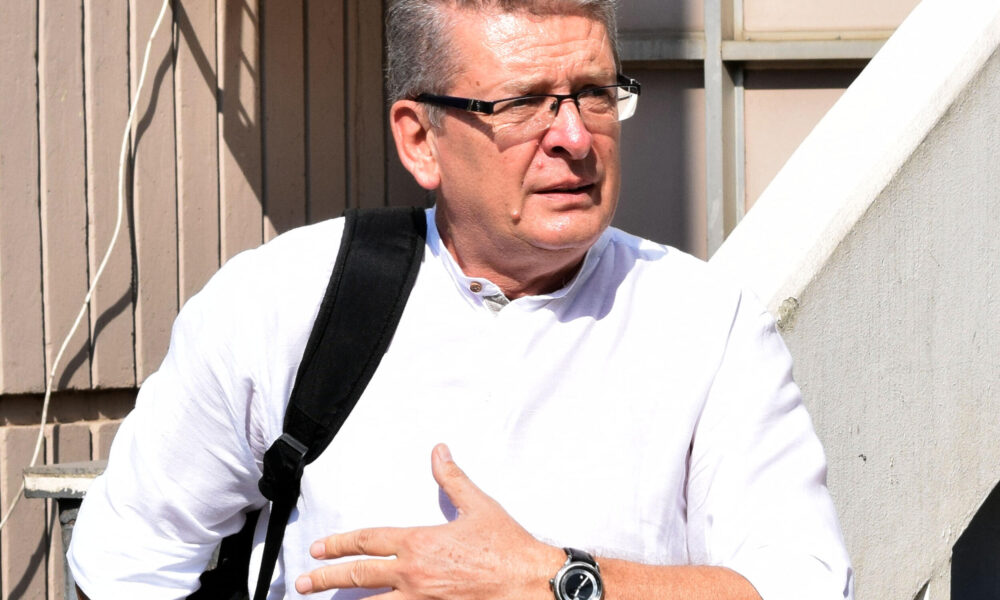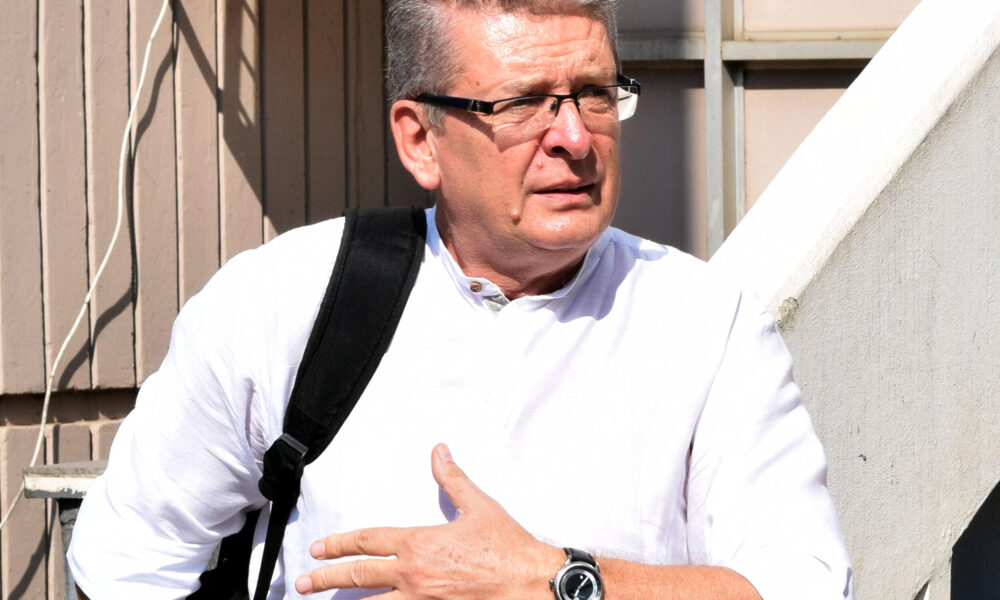The main topic of the article is the deep institutional crisis in Montenegro, with a particular focus on the unresolved murder of journalist Duško Jovanović that has lasted for 21 years. The article highlights the captivity of judicial and state institutions in political divisions and partitocracy, which prevents effective prosecution of war crimes and other serious criminal offenses. It criticizes the top authorities and judiciary for lack of integrity, corruption, and failure to prosecute those responsible. It also points to prolonged disciplinary proceedings against judges who try to fight for justice, further confirming the system’s captivity. The text mentions political elites unwilling to confront the past and reform the system, as well as the media’s failure to act as a corrective factor. All this leads to a loss of public trust in justice and the state. The topic is presented with an emphasis on the need for reforms, transparency, and accountability in Montenegro’s judicial system.
Political Perspectives:
Left: Left-leaning sources emphasize the systemic corruption and political interference in Montenegro’s judiciary, highlighting the failure to prosecute high-profile cases like the murder of Duško Jovanović as evidence of a broken system. They focus on the need for comprehensive reforms, transparency, and accountability to restore public trust and ensure justice. The narrative often criticizes the ruling elites and calls for greater civil society involvement and international oversight.
Center: Center-leaning sources report on the institutional challenges in Montenegro’s judiciary with a balanced view, acknowledging the political divisions and historical difficulties in prosecuting sensitive cases. They stress the importance of gradual reforms and the role of legal institutions in strengthening the rule of law. The coverage tends to focus on official statements, ongoing investigations, and the complexity of the political environment without strong partisan bias.
Right: Right-leaning sources may downplay the systemic issues or attribute the problems to external political pressures or legacy issues from previous regimes. They might emphasize national sovereignty and criticize international or opposition interference in judicial matters. The narrative could focus on the importance of stability and order, sometimes defending the current institutions or highlighting the risks of rapid reforms.








